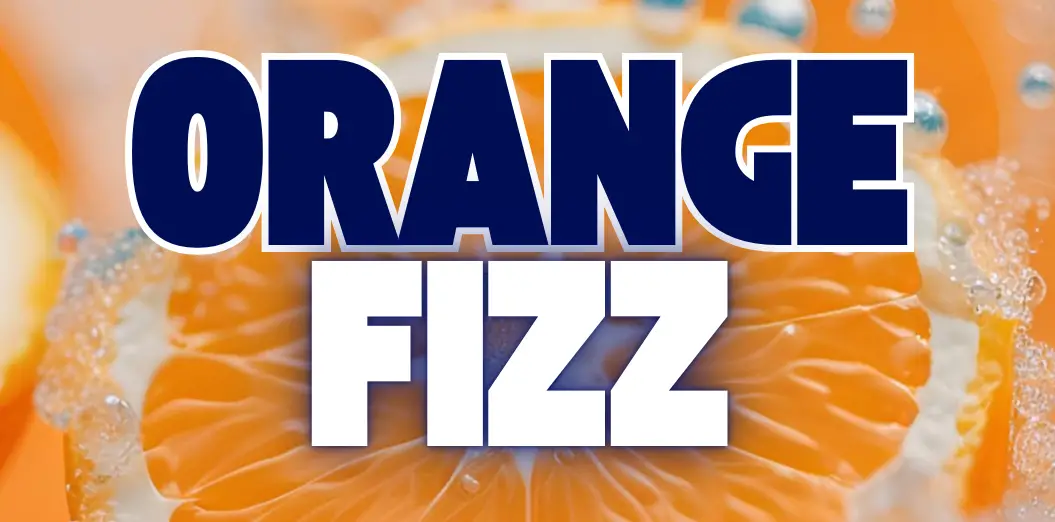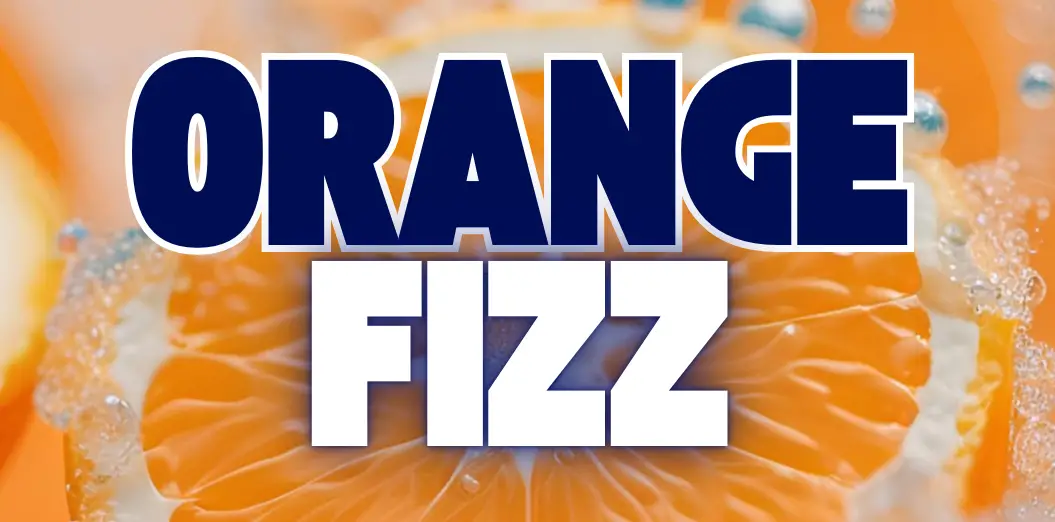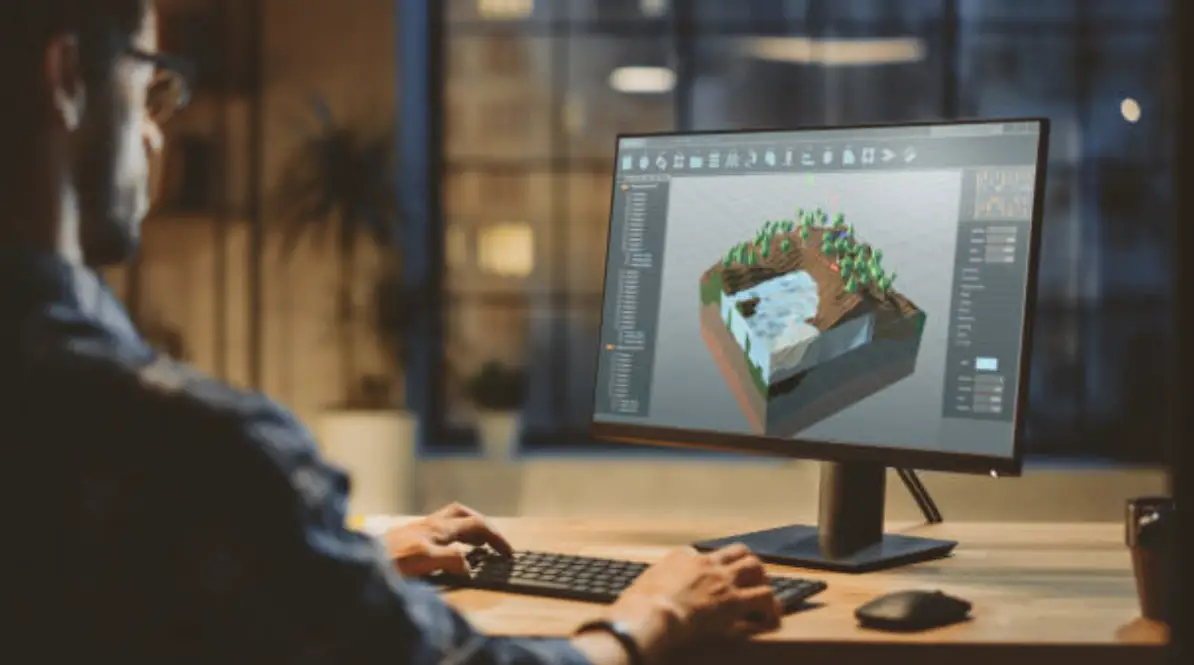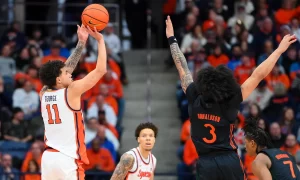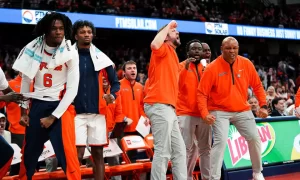As the gaming industry continues to grow, the demand for cross-platform compatibility is becoming increasingly important. Game porting, the process of adapting a game to run on different platforms, is essential for reaching a broader audience and ensuring that players can enjoy their favorite games regardless of their device. In this article, we will explore the art of game porting, focusing on seamless transitions, technical mastery, performance optimization, preserving the integrity of the original game, player accessibility, and future trends in the industry.
Seamless Transitions: Ensuring a Flawless Gaming Experience Across Platforms
One of the primary goals of game porting is to provide a seamless transition for players moving from one platform to another. Whether it’s a game initially designed for a console being adapted for PC, or a mobile game being ported to a console, the objective is to ensure that the gaming experience remains consistent and enjoyable.
A crucial aspect of achieving seamless transitions is maintaining the game’s core mechanics and gameplay. This involves ensuring that controls are intuitive and responsive, regardless of the platform. For example, a game originally designed with a console controller in mind needs to be adapted for mouse and keyboard or touch controls without losing its essence.
Additionally, visual fidelity must be preserved during the porting process. Players expect high-quality graphics, and any downgrade in visual performance can lead to disappointment. Game porting teams must work diligently to optimize textures, models, and lighting to suit the capabilities of each platform, ensuring that the game looks and feels as good as the original.
Technical Mastery: Overcoming Challenges in Game Porting
Game porting presents several technical challenges that require mastery and expertise to overcome. Each platform has its own unique architecture, performance characteristics, and development environments, necessitating a deep understanding of these differences to ensure a successful port.
One significant challenge is dealing with varying hardware capabilities. For instance, consoles often have fixed hardware specifications, while PCs can have a wide range of configurations. Porting a game from a console to PC involves optimizing it to run efficiently across different hardware setups, ensuring that players with both high-end and low-end systems can enjoy the game without performance issues.
Another technical hurdle is adapting to different operating systems and APIs (Application Programming Interfaces). A game developed for one platform might rely on specific APIs that are not available or function differently on another platform. Porting teams must rewrite or replace these components to ensure compatibility, which can be a complex and time-consuming process.
Optimizing Performance: Enhancing Graphics and Gameplay on Every Device
Performance optimization is a critical aspect of game porting. Ensuring that a game runs smoothly and efficiently on different platforms involves various strategies, from optimizing code to adjusting graphical settings.
One common technique is dynamic resolution scaling, which adjusts the game’s resolution in real-time based on the hardware’s performance capabilities. This ensures that the game maintains a stable frame rate, providing a smooth gaming experience even on less powerful devices.
Another optimization strategy involves reducing load times by implementing efficient data streaming techniques. This is particularly important for open-world games, where large amounts of data need to be loaded seamlessly as the player explores the environment. By optimizing data streaming, game porting teams can minimize interruptions and maintain immersion.
Additionally, porting teams often use platform-specific optimizations to take advantage of unique hardware features. For example, a game ported to a console with advanced GPU capabilities might incorporate enhanced graphical effects that were not possible on the original platform.
Preserving Integrity: Maintaining the Original Vision in Ported Games
One of the biggest challenges in game porting is preserving the integrity of the original game. Players expect the same level of quality and experience as the original, and any deviation can lead to dissatisfaction.
To achieve this, game porting teams must work closely with the original developers to understand the core elements that define the game. This includes the art style, narrative, gameplay mechanics, and overall feel of the game. By maintaining a close collaboration, porting teams can ensure that these elements are faithfully reproduced on the new platform.
Furthermore, extensive testing is crucial to identify and fix any issues that might arise during the porting process. This includes not only functional testing to ensure that the game runs correctly but also playtesting to verify that the gameplay experience remains consistent. Feedback from testers helps identify any areas where the ported game might differ from the original, allowing the team to make necessary adjustments.
Player Accessibility: Expanding Reach with Cross-Platform Compatibility
Expanding a game’s reach through cross-platform compatibility is one of the primary benefits of game porting. By making a game available on multiple platforms, developers can tap into new player bases and increase their audience.
Cross-platform compatibility also allows for features like cross-save and cross-play, which enhance player accessibility and convenience. Cross-save enables players to continue their progress on different devices, while cross-play allows players on different platforms to play together. These features create a more unified gaming community and increase the game’s longevity.
However, implementing cross-platform features presents its own set of challenges. Ensuring that different platforms can communicate effectively requires careful planning and implementation. Game porting teams must address issues related to data synchronization, matchmaking, and platform-specific restrictions to provide a seamless cross-platform experience.
Future Trends: Innovations Driving the Next Wave of Game Porting
The future of game porting is shaped by ongoing innovations and trends that promise to enhance the process and outcomes. One significant trend is the rise of cloud gaming, which allows games to be streamed directly to various devices without the need for local hardware. This reduces the need for traditional porting, as games can run on powerful remote servers and be accessed on any device with a stable internet connection.
Another trend is the increasing use of machine learning and AI in game development. These technologies can assist in optimizing performance, automating parts of the porting process, and enhancing the overall quality of the ported game. For instance, AI-driven tools can analyze and optimize code, identify performance bottlenecks, and suggest improvements.
Furthermore, the growing emphasis on accessibility in gaming is influencing game porting practices. Developers are prioritizing features that make games more accessible to players with disabilities, such as customizable controls, screen readers, and subtitles. Game porting teams must ensure that these features are preserved and adapted appropriately for each platform.
In conclusion, mastering the art of game porting is essential for the future of gaming. By focusing on seamless transitions, technical mastery, performance optimization, preserving game integrity, player accessibility, and embracing future trends, game porting teams can ensure that games reach their full potential across multiple platforms. As the industry continues to evolve, game porting will remain a crucial aspect of delivering exceptional gaming experiences to players worldwide.
